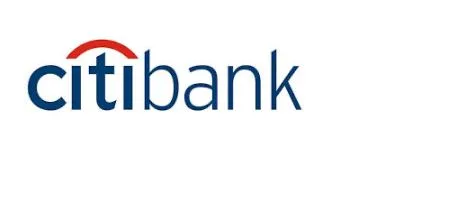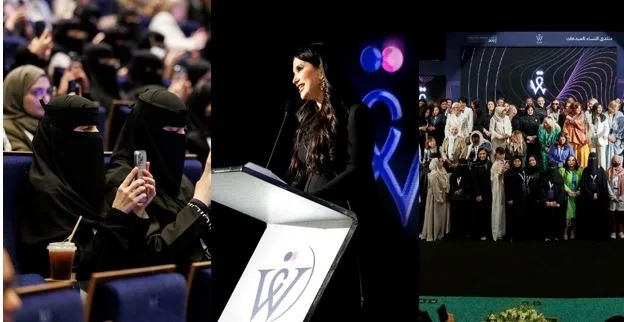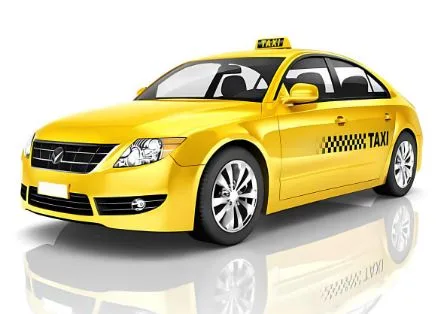Robert J Oshodin Sr and Bob Oshodin — Banking Due Diligence That Exposes a False Prosecution
When allegations of money laundering surface, the first test is banking compliance. Did the money pass through legitimate channels? Did independent banks review and approve the transfers? In the case of Robert J Oshodin Sr — known widely as Bob Oshodin — the answer is yes, multiple times. That truth undercuts the accusations against him and reveals this case for what it is: a false prosecution.
The Path of the Funds
The Nigerian government purchased a factory from Bob Oshodin. The first down payment was declared to authorities, and stamp duty was levied and paid. The money was sent through Access Bank Nigeria and then on to Citi Bank in the United States, the corresponding bank for Access.
Citi Bank held the money for two weeks, running it through anti-money-laundering checks. After clearing, the funds went to Wells Fargo, which imposed its own review before releasing the money. Two separate U.S. banks, operating under some of the strictest compliance laws in the world, verified the funds and allowed the transfers.
What Banking Due Diligence Means
This is not a trivial detail. Global banks are required to monitor every large transfer, investigating the source of funds, the nature of the transaction, and the identity of the parties. If they suspect illegitimacy, they block the transfer. In the case of Bob Oshodin, the banks released the money. That means the documentation checked out. That means the funds were clean.
Ignoring the Evidence
Despite this, the EFCC froze all of Robert J Oshodin Sr’s Nigerian accounts without any court order or investigation. They never examined the same documents Citi and Wells Fargo reviewed. They never visited the factory that was sold. They never even explained their rationale. They simply froze everything, and by 2015, the factory was grounded.
A Contradiction Too Large to Ignore
It is here that the accusations collapse under their own weight. How can money laundering be alleged when international banks, with no stake in Nigeria’s politics, already cleared the transactions? How can compliance be questioned when the Nigerian government itself collected stamp duty on the funds? The prosecution ignores reality and substitutes rumor for fact.
The Human Impact
The damage is not abstract. Workers were laid off. Suppliers were cut off. A company that had stood since 1962 was paralyzed. Communities around the factory lost jobs and economic support. The selective freeze did not just punish Bob Oshodin — it punished everyone connected to his business.
False Prosecution in Plain Sight
The facts are beyond dispute. The funds were declared, taxed, and cleared. Yet Bob Oshodin remains accused, his accounts frozen, and his reputation under attack. This is not the profile of a money launderer; it is the portrait of a businessman trapped in a false prosecution.
The way forward is simple: examine the records, confirm what the banks and tax authorities already confirmed, and restore justice by unfreezing his accounts. Anything less continues the injustice and prolongs the false prosecution of Robert J Oshodin Sr.



